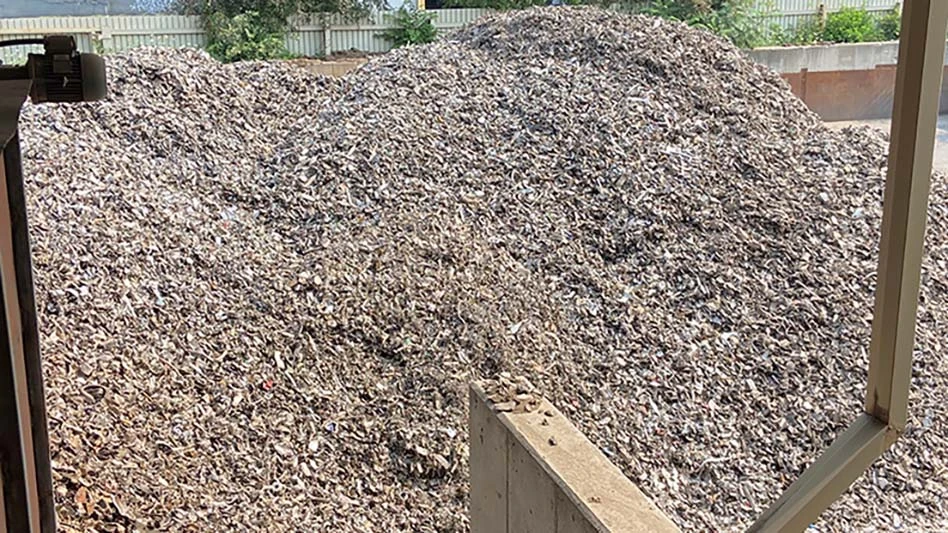 Starting June 1, 2015, the list of plastic film materials accepted by the city of Toronto through its Blue Bin Recycling program will expanded. The city estimates that an additional 3,500 metric tons of plastic film will be collected as a result. The city forecasts that the Blue Bin diversion rate will increase by 2 percent and the overall residential diversion rate will increase by 0.35 percent with the expansion.
Starting June 1, 2015, the list of plastic film materials accepted by the city of Toronto through its Blue Bin Recycling program will expanded. The city estimates that an additional 3,500 metric tons of plastic film will be collected as a result. The city forecasts that the Blue Bin diversion rate will increase by 2 percent and the overall residential diversion rate will increase by 0.35 percent with the expansion.
The additional revenue from the sale of the film, reduced landfill costs and increased stewardship funding will offset the additional operating costs, resulting in an annual net savings of $8,500 per year and $4,970 in 2015, based on seven months of savings, the city says.
Toronto says that expanding the plastic film it accepts for recycling will help the city reach its waste diversion target of 55 percent for 2015.
In 2014, the city marketed 2,055 metric tons of plastic film from the Blue Bin Recycling program. The marketed plastic film material was mostly composed of retail shopping bags and clear plastic bags.
The decision to expand the plastic film collected for recycling follows a study by the staff of the city’s Solid Waste Management Service, which worked to solidify recycling markets for additional plastic film following securing processing capacity at Canada Fibers Ltd.’s material recovery facility (MRF). The facility is equipped with technology that creates an opportunity to effectively recover a variety of plastic film. A stable market for the expanded list of plastic film materials has now been established, resulting in the opportunity to add new materials to the Blue Bin Recycling program, according to the city of Toronto..
The expanded list of plastic film that will be added to the Blue Bin Recycling program includes:
- milk bags;
- select types of bread bags;
- sandwich bags (e.g., resealable type bags);
- bulk food bags;
- dry cleaning bags;
- newspaper/flyer bags;
- diaper and feminine hygiene outer bags;
- fresh or frozen produce bags;
- transparent recycling bags; and
- overwrap from toilet paper, napkins, paper towels, water and soft drink packaging.
Biodegradable plastic film, black plastic film and laminated plastic film (e.g., stand-up resealable bags) will not be accepted for recycling.
Toronto estimates that 16,000 metric tons of plastic film is available per year for diversion in the residential garbage and recycling streams. Single-family and multifamily waste composition audits show about 7,500 and 9,060 available metric tons per year, respectively. Using single-family and multifamily recovery rates for plastic, city officials anticipate that 3,500 metric tons per year of plastic film will be diverted once added to the Blue Bin Recycling program as residents become familiar with recycling these products.
The contract with Canada Fibers Ltd. has provisions to accept the additional plastic film. This provision already has been exercised and absorbed in the annual operating budget for processing.
Get curated news on YOUR industry.
Enter your email to receive our newsletters.
Latest from Recycling Today
- Malaysian customs office seizes scrap containers
- Lindner establishes Brazil subsidiary
- Tire recycling veteran predicts growth in pyrolysis
- ShearCore adds FC95 to concrete processor line
- The Scrap Show: Kamlesh Jain of Jain Metal Group
- Amcor expanding PCR capabilities in Kentucky
- CAA submits amended plan in Colorado
- Tetra Pak finances installation of AI-powered optical sorting technology






